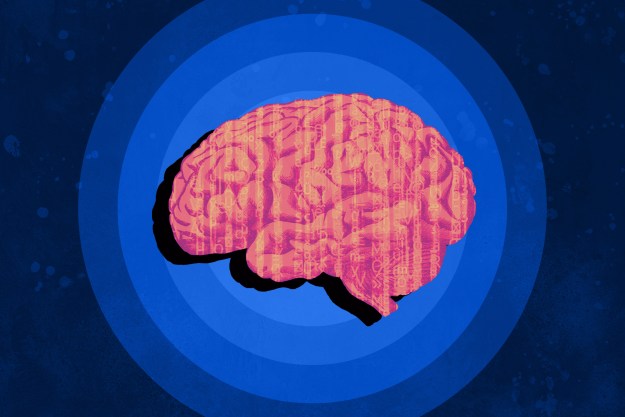Your A.I. assistant can do plenty of things for you, whether that’s answering questions, cuing up the perfect song at the right time, making restaurant bookings, or many other tasks. Could it also work out whether you’re lonely?
“Emotion-sniffing” technology is a growing area of interest among researchers, but it’s still in its infancy. In a new proof-of-concept study, researchers from the University of California San Diego School of Medicine recently showed how speech-analyzing A.I. tools can be used for predicting loneliness in older adults.
“Our study of loneliness in older adults applied A.I. technologies called Natural Language Processing (NLP) that look for subtle linguistic patterns such as expressed sentiment and emotion,” Ellen Lee, assistant professor of psychiatry, told Digital Trends. “We analyzed data from 80 interviews conducted with older adults, ranging in age from 66 to 94 years, and examined how language features predict either self-acknowledged loneliness or loneliness based on a validated scale.”
The interviews used as the basis of the study were conversational in nature, and lasted up to 90 minutes. They were accompanied by a more conventional loneliness assessment, answered by the participants. Interviews were then transcribed and analyzed using an NLP tool developed by researchers at IBM. The A.I. algorithm the researchers developed was able to predict self-acknowledged loneliness with an accuracy level of 94 percent, and loneliness based on the loneliness assessment scale with a precision level of 76 percent.
Interestingly, the study shed some light on differences in the way that different people, such as men and women, acknowledge loneliness and express emotions about it. Were a tool such as this to ever roll out into a commercial product, or at least one that was publicly available, it would be crucial to acknowledge these differences.
Engaging users in daily discussions
“A voice-activated home assistant like Alexa or smartphone assistant like Siri could [one day be used to] engage older adults in daily discussions that would help to establish a baseline of expressed emotions and speech patterns, as well as be able to flag changes that might indicate increasing loneliness,” Varsha Badal, a postdoctoral research fellow who worked on the project, told Digital Trends. “Ideally, interventions for loneliness could be delivered remotely, allowing us to help older adults who are not coming into the clinics or are staying home more than usual due to the COVID-19 pandemic or other concerns.”
Next up, the researchers will be combining their algorithms with other types of assessment, such as sleep and mobility data, to further develop the project. They will also test it on larger populations to ensure its accuracy.
This is still early days for the research. There are plenty of ethical issues when it comes to, for instance, using robots and A.I. to care for the elderly. (Would an A.I. assistant use its loneliness-sensing ability to somehow initiate more social contact or just to fire up a jokes playlist?) It’s also not clear how users would feel about their A.I. assistants making judgments about their mood from a privacy perspective. Nonetheless, it’s fascinating research — and an area we’ll likely see a whole lot more of in the years to come.
A paper describing the work was recently published in the American Journal of Geriatric Psychiatry.
Editors' Recommendations
- Finally, you can use a Google Nest smart speaker or display to find an iPhone
- Clever new A.I. system promises to train your dog while you’re away from home
- Futuristic new appliance uses A.I. to sort and prep your recycling
- You can now ask Google Assistant to tie your shoes with expanded app actions
- A.I. could play a vital role in the birth of tomorrow’s IVF children



